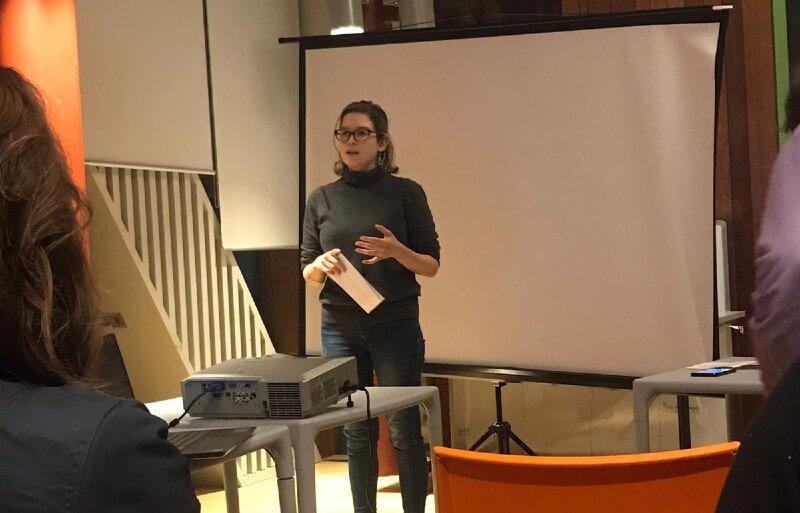When the London School of Economics (LSE) and their Political Science’s Student Union voted to ban beef from its campus on Feb. 21, Wellesley’s Phoebe Woodruff ’21 could hardly believe it. As the votes rolled in, she calculated and recalculated the margin of victory, only allowing herself to celebrate when the results were officially announced by the Student Union later that morning. Woodruff, a Wellesley student majoring in philosophy and economics is studying abroad at LSE and had been advocating for the ban as a PETA representative for about a month, though the campaign plan had been in her head for more than a year. Woodruff says it “meant the world” to her that so many students voted in favor of the ban, which has received coverage from the Daily Mail and a number of environmental blogs.
“This is an incontrovertible win for environmentalists and animal rights activists everywhere. It’s a loud statement to the whole world of LSE’s values and a call to action for universities everywhere,” said Woodruff, who was a PETA representative at Wellesley before LSE. In addition to writing and debating in favor of the measure, she walked around the campus and talked to students one-on-one to spread the word and earn their support. She feels confident that the ban is not being imposed on students but rather is “an official student endorsement of the reductions that LSE is already pursuing.”
LSE has not put the ban into full effect yet or offered any timeline to do so. Woodruff says that she expects the plan to go into effect next academic year. In the meantime, she will begin logistical discussions with the LSE administration and get in touch with LSE Catering Services — Woodruff anticipates that preexisting orders and contracts with food employers will be affected by the transition away from beef.
It was important for Woodruff to push for a ban on beef, specifically, because its production has a high carbon footprint — it is responsible for more greenhouse gas emissions than any other food, and releases more than 40 times the amount of greenhouse gas emissions than beans or peas, according to PETA. For her, the ban was “all about making people aware of the ways in which their actions may not fully align with their principles.” That is, she feels that most of her peers care about climate change and their environmental footprint, and she hoped that this campaign could help them “connect the dots” and realize their power to affect change as consumers.
The 243-170 vote made LSE the third school in the United Kingdom to ban beef, after Goldsmiths, University of London and University of Cambridge. Other colleges in the U.K. have moved to offer more plant-based options, and some have opened up vegan cafes on campus and list vegan or vegetarian options before meat ones. Campaigns to limit meat consumption have not gotten the same traction in US schools — there are no colleges that have publicly decided to strike beef from their campuses. Woodruff says that it is “definitely” the case that US colleges and universities are slower to move than their counterparts across the pond, but she doesn’t attribute it to cultural differences. While US colleges like Wellesley often have mandatory meal plans, that is not the case in the UK Instead, students are able to find other options much more easily and affordably if they are not fond of the increase in plant-based food.
Woodruff does not see this difference as a barrier to plant-based progress in the US and she says it just means that the movement will have to be more individualized to each university. As for Wellesley, she thinks that it would be possible for the College to adopt cost-based options, while keeping the open dining hall plan. This way, students would only pay for the food that they actually want to eat, which could drive down costs, as opposed to the current system, Woodruff says, in which students subsidize the cost of foods that they’re not eating.
As a PETA rep, she is currently working on several different campaigns, and is interested in spreading awareness of the cruelty involved in the fur, leather and animal entertainment industries. Her focus remains on animal agriculture and the environmental damage that it entails.






